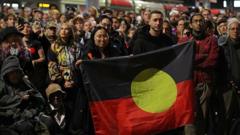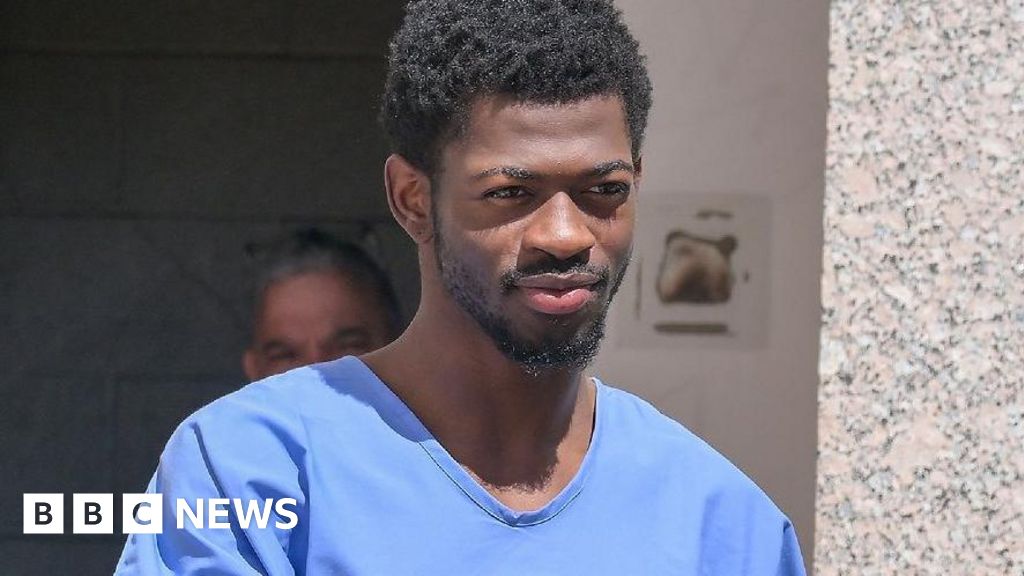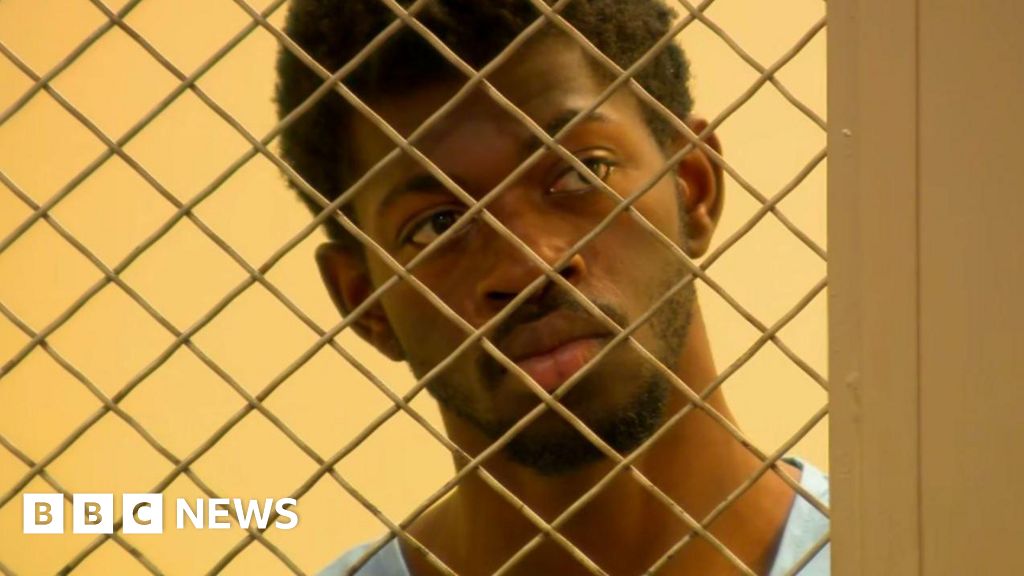In a revealing inquest, it has been determined that the police officer involved in the shooting death of Indigenous teenager Kumanjayi Walker was found to be "racist" and operated within an environment characterized by systemic racism. Walker, 19, died after being shot three times at close range by Constable Zachary Rolfe during an arrest at his home in Yuendumu, a remote community in the Northern Territory (NT), in 2019.
Rolfe, who is no longer on duty, faced murder charges but was acquitted in 2022, leading to widespread protests against Indigenous deaths in custody. Coroner Judge Elisabeth Armitage delivered her substantial findings at an open-air gathering in Yuendumu, approximately 300km from Alice Springs, emphasizing that Walker's death was "avoidable" and underscoring vast evidence of entrenched racism within the NT police force.
In her report, spanning over 600 pages, Judge Armitage indicated that Rolfe was not isolated in his actions; rather, he was a product of a flawed policing culture where racist behaviors and language were normalized within the Alice Springs police station. While she could not definitively link Rolfe's alleged racism to the circumstances surrounding Walker's death, she acknowledged the possibility.
Judge Armitage detailed Rolfe's negative attitudes toward female colleagues and Indigenous officers, raising further concerns about his state of mind that day. On November 9, 2019, Rolfe, accompanied by another officer, sought to arrest Walker for breaching a court order. The tense situation escalated after Walker, described as a "vulnerable teenager" with a history of trauma and impulse control issues, confronted the officers with scissors and was shot by Rolfe without warning.
The inquest revealed that Rolfe's decisions prior to the shooting placed officers in a precarious situation. He showed a noticeable preference for adrenaline-fueled policing and disregarded specific arrest protocols, leading to "officer-induced jeopardy." The coroner also condemned the act of dragging Walker from the home after he was shot, highlighting the disrespectful nature of this action.
In response to the findings, Judge Armitage made 32 recommendations to reform policing practices, advocating for mutual respect agreements in the community regarding police armament and the implementation of a robust, publicly accountable anti-racism strategy within the police force.
Walker’s family expressed their dismay at the report's revelations and indicated intentions to review the recommendations, while the Northern Territory Police acknowledged the inquest as a painful, educational journey. They vowed to ensure the lessons learned would be retained, aiming to prevent future tragedies. In line with NT legislation, a coroner's inquiry must take place for any death occurring in custody, although the findings are not legally enforceable.




















